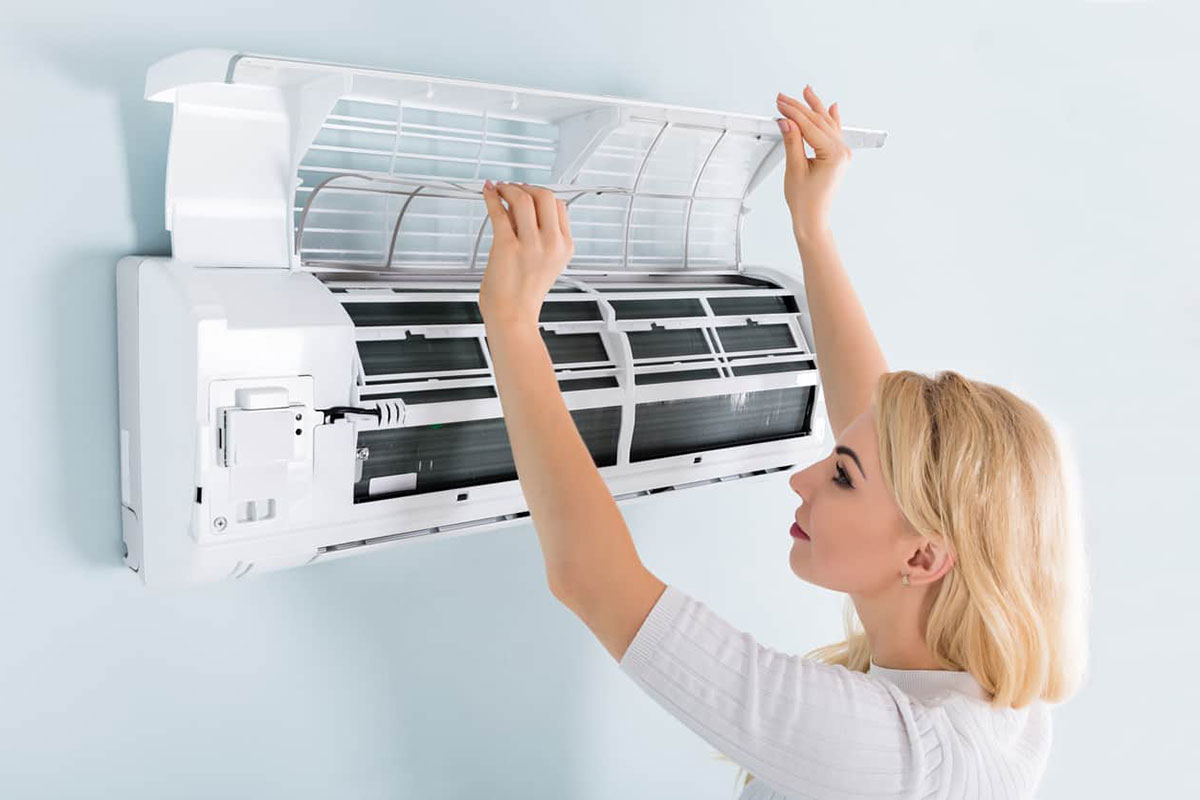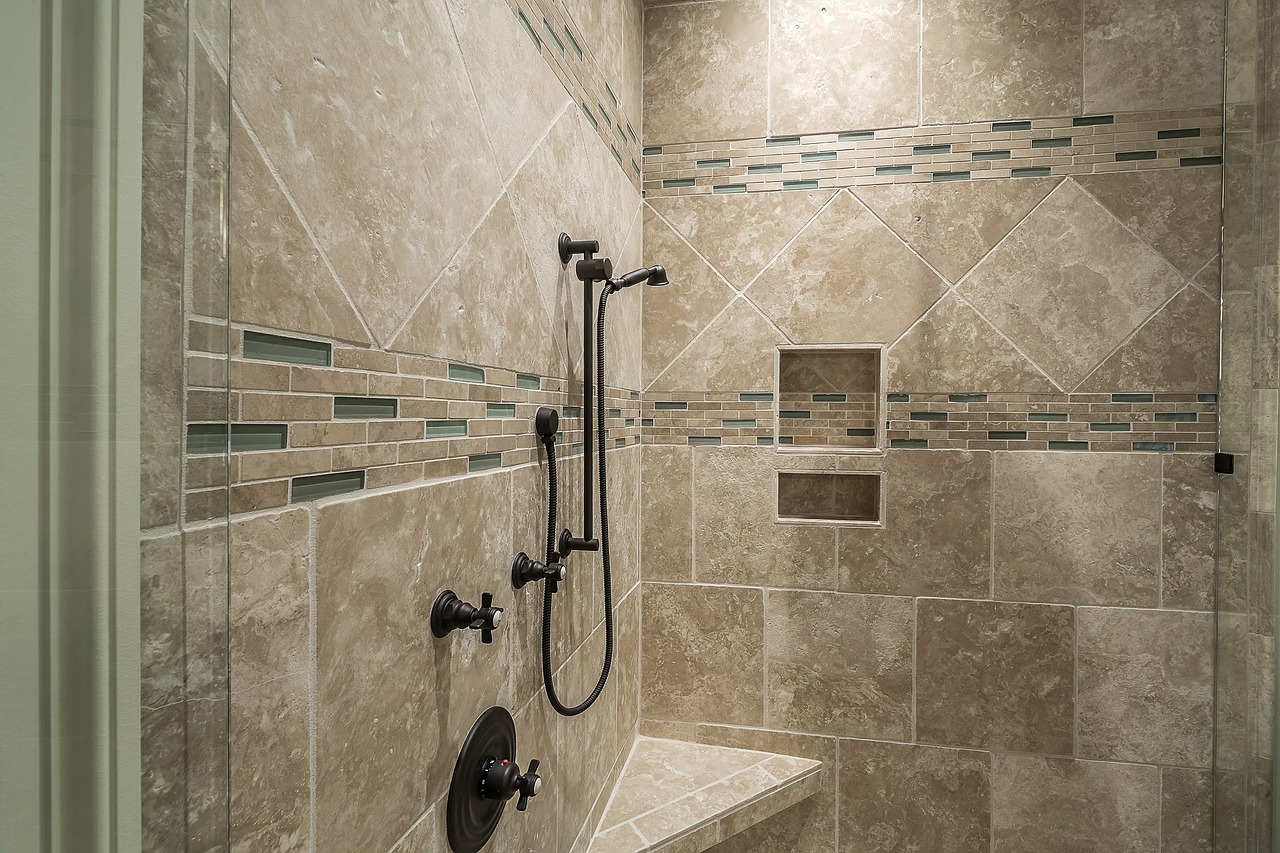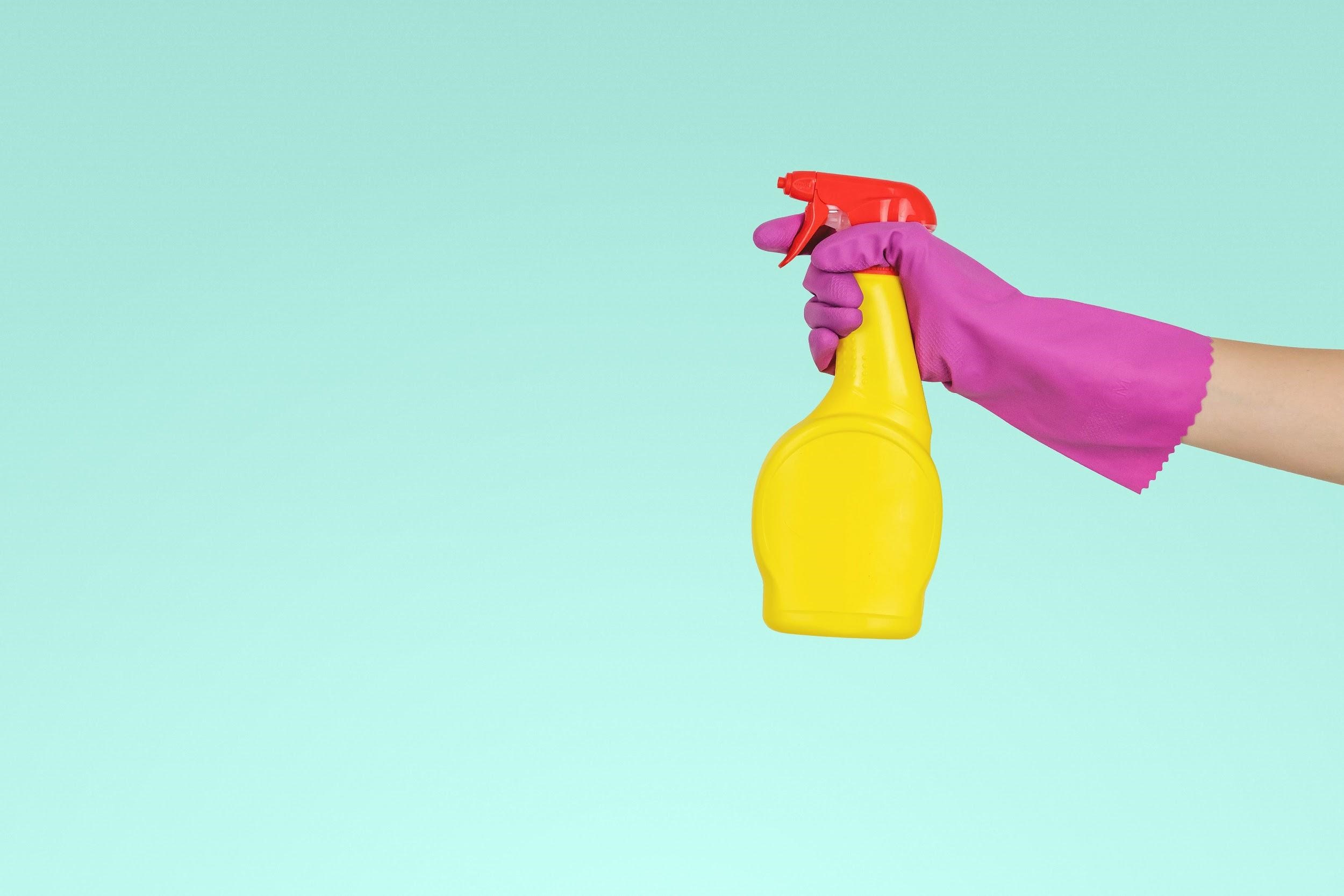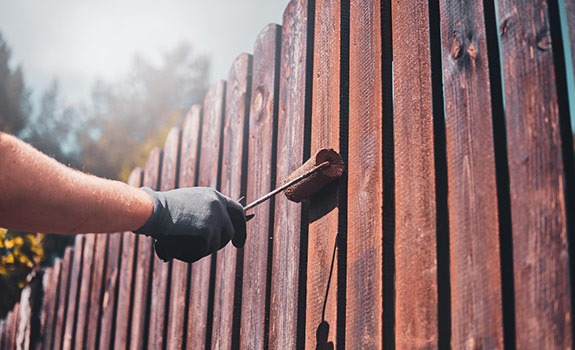If you are a new homeowner, you know that dealing with the maintenance and repair of your house can be daunting. You’re not sure if trying to fix things yourself is a good idea, especially if you’ve never had any experience with common household issues. On the other hand, calling for a technician every time you run into a problem can rack up the bills.
DIY maintenance projects don’t have to be scary. Here are the 3 most important skills you need to learn if you own a house.
Changing Filters
The air filter in your home controls the air quality, the efficiency of your cooling system, and even the price of your energy bills. Your air filter on your HVAC or A/C system needs to be changed every 90 days. First, you buy a replacement filter; check your current filter on the bottom or side of your unit, and you should see a size printed there. If not, you can measure the dimensions yourself and find a replacement easily. Next, turn off the breaker that powers your unit to keep yourself safe. You don’t want to be working with live power. You should be able to slide your filter easily out of the unit, and you simply discard your old filter and put the new one in its place.
In the case of a filter that is on the ceiling, the same steps are applicable. Safely remove the covering after turning off your breaker, then replace the old filter with a new one. Changing your filter is extremely easy, but you can forget to do it every 90 days. Set a reminder to keep your air running as efficiently as possible.
Toilet/Shower Repair
You don’t know how important plumbing is until you have to live without it. Dealing with pipes, toilets, and showerheads can be intimidating, but there are a couple of easy tips to live by.
1. Know your system
- First of all, know exactly what kind of sewage system you are living on. If you are connected to a sewage treatment plant, know what you can and can’t put down your drains, like certain personal hygiene tools, chemicals, and biohazardous waste. If you live on a septic tank, remember that you are entrusting your waste with bacteria, and certain chemicals kill those important bacteria.
2. Shut off the water
- The easiest way you can avoid a water nightmare is by shutting off your water pressure before doing any sort of major plumbing. Your water heater should have a valve, circular or a straight switch, at the top or side, and turning it in the opposite direction should shut off your pressure. Have a friend or family member turn on the sink while you turn, and when the water stops coming out, you’ve turned the water off.
3. Know how to unclog basic items
- The easiest plumbing task is unclogging a drain. If it is a toilet, place the plunger on the hole at the bottom of the toilet, and lightly press up and down to create a difference in pressure. That should loosen and remove anything blocking the pathway to the sewage. Once you have plunged for a little while, try flushing again. If that doesn’t work, remove the top of your toilet and manually lift the toilet flapper, which is the red rubber flap connected to a chain. This should release a flow of water to clear anything else up.
- If the drain to your shower is slow or stopped up, you likely have some hair or solids stuck in the bend. Simply purchase a snake, push the thin end down into the drain, and begin turning to catch all the hair clogging your pipes. When you pull it up, be prepared: it probably won’t smell very nice. Discard the hair, clean the snake, and place a hair catcher over your drain to prevent clogging in the future.
Dealing with Mould
Mould is terrifying. It can infect you with respiratory issues, looks really gross, and it usually indicates a larger issue. Mould grows when spores enter your house and attach to areas containing a large concentration of moisture. If you have a leak or pressure issue, mould will likely follow.
Materials that get wet easily, like cardboard, paper, and certain building supplies are prime real estate for mould. If you do see mould, don’t worry: it can be removed. If the mould is on a hard surface, wear cleaning gloves, mix 1 cup of bleach into a gallon of water, and scrub lightly to remove. Unfortunately, if the mould is soaked into more porous materials or the site is too large for you to handle, the best way to remove mould is with the help of a professional agency.
Dealing with household issues shouldn’t be scary. Of course, there are tons of different situations different than what we’ve covered here, but you should be prepared for the three most likely mishaps new homeowners run into. If you feel totally uncomfortable or unsafe dealing with the repair, call in a professional.










